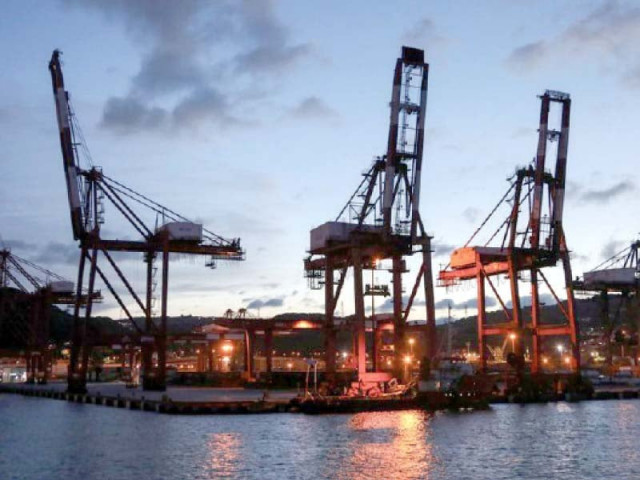Actions speak louder than tweets
Country has forgotten long-term planning, replaced it with tweets, statements

Once upon a time, in 1947, there was a country which was one of the 23 founding members of the General Agreement on Tariff and Trade (GATT), and now that country ranks 60-70th in the list of global exporters and doesn’t figure among prominent players in the World Trade Organisation (WTO), the successor of GATT.
Interestingly, the country is the 5th (officially 6th) largest in population, with the size of economy in the mid-40s (in 20s in terms of purchasing power parity) but ranks in the 60s for exports.
Once upon a time, in 1959, there was a country which signed world’s first Bilateral Investment Treaty (BIT) with Germany and now that country doesn’t figure anywhere, neither for FDI inflows nor as one of the favourite FDI destinations.
Interestingly, the country has recently been subject to one of the largest arbitration awards amounting to billions of dollars (against) due to the dispute lost against foreign investors.
Once upon a time, in 1963, there was a country which gave $25 million (adjusting for inflation, it would be more than $270 million in 2021) loan to Germany (West Germany) for a period of 20 years.
And now, that country is one of the heavily indebted poor countries, frequently seeking loan write-offs, resorting to IMF programmes and looking towards friendly countries for financial support.
Once upon a time, in the 1960s and 1970s, a country was a leading example in the world for its development planning, in the form of five-year plans and its industrial policy. The country’s five-year plan of 1960-65 is still referred to as a text book model of development planning.
The country also had an excellent pool of economists and a dynamic Planning Commission.
Now, that country has forgotten medium or long-term planning, and has replaced it with tweets and media statements. Now, that country’s economic management is run by ad hoc appointments and bureaucratic structures while ignoring the economic brain power, whatever is left.
Interestingly, the country ranks 131st (out of 180) in the Index of Economic Freedom.
Once upon a time, in the 1960s and 1970s, a country established an excellent basis for large-scale manufacturing including bit steel, cement, engineering and textile factories. And now, that country is continuously subsidising remnants of these industries.
Once upon a time, in the 1960s to 1980s, a country had an airline that was the pioneer to operate in the Central Asian, Chinese and Gulf markets, holding one of the best route networks spanning across Europe and North America, and was forecast to be one of the top airlines in the world.
And now, that airline carries less than 20% of international travel from that country, leaving the huge profit to foreign airlines, incurring heavy losses and operating inefficiently while losing/selling many of its lucrative international routes.
Once upon a time, from the 1960s to 1970s, a country had one of the largest shipping companies in the world (privately owned) that operated at the global level.
And now, that country’s national shipping company carries less than 10% of its sea freight and the rest goes to foreign shipping companies.
Once upon a time, from the 1960s to 1970s, a country had prominent conglomerates (famously known as 22 families), which were leading the economic growth and strengthening the SME sector through trickle-down effects.
And then came nationalisation and the rest is history. Now that country, despite growth of over 10 times in the size of GDP since then, cannot name more than a couple of such conglomerates, while the SME sector is even weaker. The corporate impact and presence are quite shallow.
Once upon a time, in the 1960s to 1980s, a country was the pioneer in the international banking scene, such as through the Bank of Credit and Commerce International (though technically BCCI was established in London); banks and bankers from that country were respected and received globally.
And now, that country has a banking industry whereby more than 60% of profit (mainly in consumer banking) is earned by foreign banks, which have less than 3% of the total branch network.
Once upon a time, there was a country which was one of the top 10 producers of cereals and dairy, and now that country is a net food importing developing country, ranking 88th (out of 107) on the Global Hunger Index.
Once upon a time, there was a country with citizens contributing to the national and collective good, rather than thriving on social, economic and political divides. And now? It is high time to get serious; actions speak louder than tweets.
The writer is an international economist
Published in The Express Tribune, May 31st, 2021.
Like Business on Facebook, follow @TribuneBiz on Twitter to stay informed and join in the conversation.


















COMMENTS
Comments are moderated and generally will be posted if they are on-topic and not abusive.
For more information, please see our Comments FAQ